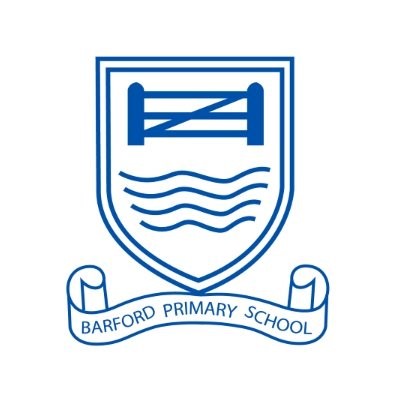Relationships and Health Education (RHE)
Relationship and Health Education (RHE) at Barford Primary School
At Barford Primary School we teach a Relationships and Health Education curriculum through the Jigsaw PSHE curriculum.
Why do we teach Relationships and Health Education?
- First and foremost: it helps to keep our children safe. RHE gives children the knowledge to tell right from wrong, and the skills to assess risk and seek support if they are worried.
- It gives children information and skills to make healthy choices. Children need to have knowledge about what is healthy and what is not, but also the skills to be able to use this information.
- It promotes tolerance and respect linked to our school vision and values and our core British values. We want our children to become adults who are accepting of all people, even if their way of life is not the same as their own.
- It develops the skills to form and maintain healthy relationships: whether friendships, family or with teachers, every child needs these skills in order to function effectively in society.
Our Planned Approach for Delivering RHE
- Sessions are taught weekly by the class teacher
- Sessions are grouped around half-termly themes (see below). All year groups will learn about the same theme at the same time, ensuring consistency and progression as children move through the school
- The majority of our learning comes from the Jigsaw PSHE curriculum which is developed in line with DfE statutory guidance
- Circle Time, regular assemblies and class discussion are other ways that we will be delivering the RHE curriculum, using these as stratgeies that the children are familiar with to promote healthy discussions, taking turns to speak and listening to their peers.
- We have a programme of teaching all children the basics of forst aid through a mini first aiders training session.
Jigsaw PSHE Curriculum.
Jigsaw covers all areas of PSHE for the primary phase including statutory Relationships and Health Education. The table below gives the learning theme of each of the six Puzzles (units) and these are taught across the school; the learning deepens and broadens every year.
| Term | Puzzle (Unit) | Content |
|---|---|---|
| Autumn 1: | Being Me in My World | Includes understanding my own identity and how I fit well in the class, school and global community. Jigsaw Charter established. |
| Autumn 2: | Celebrating Difference | Includes anti-bullying (cyber and homophobic bullying included) and understanding |
| Spring 1: | Dreams and Goals | Includes goal-setting, aspirations, who do I want to become and what would I like to do for work and to contribute to society |
| Spring 2: | Healthy Me | Includes drugs and alcohol education, self-esteem and confidence as well as healthy lifestyle choices, sleep, nutrition, rest and exercise |
| Summer 1: | Relationships | Includes understanding friendship, family and other relationships, conflict resolution and communication skills, bereavement and loss |
| Summer 2: | Changing Me | Includes Relationships and Sex (see note 1) Education in the context of coping positively with change |
Note 1: At Barford Primary School, we believe children should understand the facts about human reproduction before they leave primary school. We define Sex Education as understanding human reproduction. We intend to teach this as part of our Science curriculum human reproduction)
